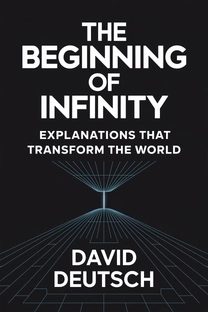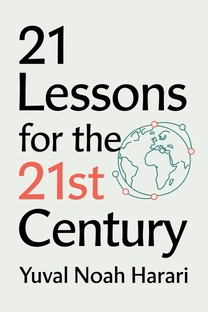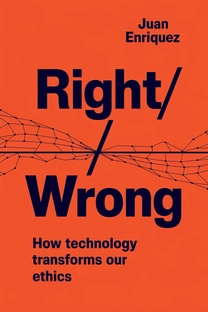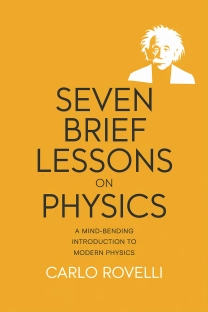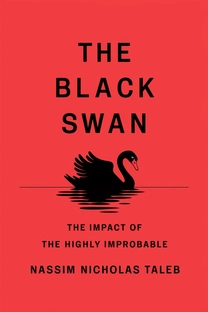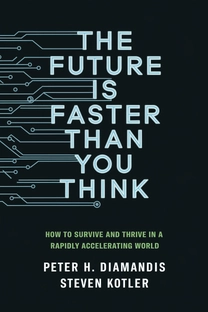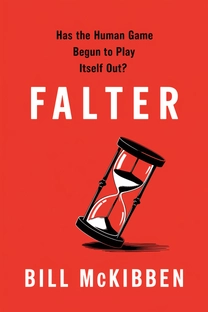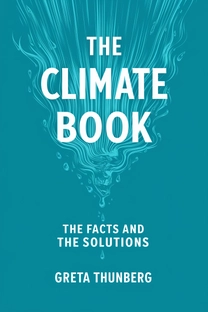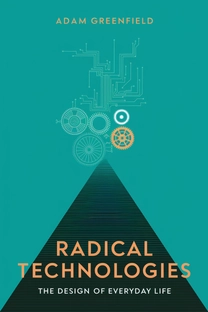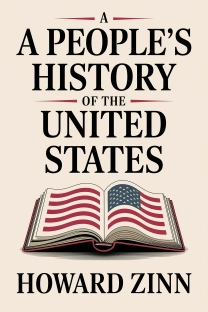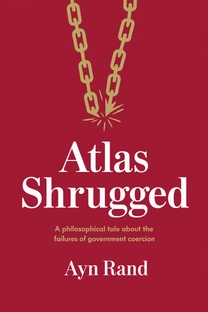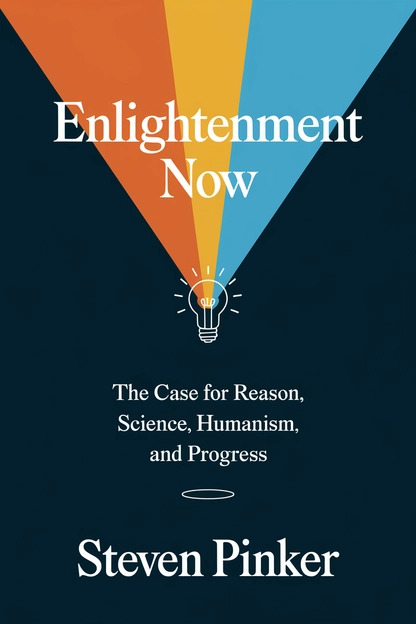
Enlightenment Now
The Case For Reason, Science, Humanism, and Progress
by Steven Pinker
Brief overview
This book highlights how reason, informed by science and guided by humanitarian values, has steadily improved our world. It explores key developments that have led to better health, fewer conflicts, rising prosperity, and increased freedom. Readers can expect to see evidence-based arguments that shed light on why human progress, while imperfect, is real and vital to understand.
Introduction
Many of us believe the world is spiraling into chaos. We watch the news and feel overwhelmed by stories of violence, political turmoil, or natural disasters. Yet when we step back and look at decades and even centuries of data, a different picture emerges. Life expectancy has soared, worldwide poverty has plummeted, and ongoing scientific breakthroughs continue to transform daily life for the better. In these pages, we’ll explore how reason, science, and humanism help explain humanity’s steady progress. You’ll see how measures like child mortality, global conflict, and literacy rates have improved, and why these shifts matter for our collective future. Even as challenges remain, the evidence shows we have the power to keep pushing toward greater well-being and freedom.
This opening section sets the stage by acknowledging the emotional grip of pessimistic headlines. But it also reminds us of the importance of sound data and open-minded analysis. The chapters to come will trace the roots of modern progress—along with its pitfalls—while maintaining an uplifting, fact-driven style. Ultimately, you’ll see that acknowledging our achievements doesn’t blind us to problems; it gives us hope to solve them.
The Power of Reason
At the core of the author’s argument is the conviction that rational thought drives progress. When people use evidence-based reasoning, they can more effectively confront social ills like poverty or disease. This emphasis on constructive debate and critical thinking goes back to Enlightenment ideals, which prize open inquiry over dogma. Reason helps us cut through myths and biases. Humans have many cognitive blind spots—like overreacting to vivid risks—but informed dialogue can counter these tendencies. Throughout history, reasoned analysis has inspired democratic reforms, medical discoveries, and modern infrastructure.
Yet reason must be nurtured. Education systems can teach critical thinking and encourage scientific literacy. Public conversations benefit when everyone slows down, questions data, and avoids knee-jerk conclusions. By extending this approach, societies have reduced violence and boosted living conditions over time. We’ll see how rationality, especially when guided by kindness, is not just clever thinking—it’s our best defense against forces that would rather cling to old prejudices or fear tactics. This merges an intellectual pursuit with a moral imperative, as rational thought aligns with empathy in promoting well-being.
What is Enlightenment Now about?
“Enlightenment Now” demonstrates how rational thought, informed by science and grounded in humanistic values, can illuminate humankind’s remarkable progress through history. By focusing on verifiable data rather than sensational headlines, author Steven Pinker shows that trends in health, safety, and prosperity have improved on a large scale. He underscores the idea that informed reason—rather than superstition or fear—offers a reliable foundation for discussing social growth and shaping public policies.
This book’s core strength lies in highlighting our collective ability to keep pushing forward. By examining historical shifts and contrasting them with modern examples, “Enlightenment Now” reveals why continuous learning, empathy, and open dialogue help societies stay resilient. Readers encounter an uplifting yet realistic outlook, reminding us that progress needn’t be perfect to be valuable.
Review of Enlightenment Now
The text’s major appeal is its evidence-based argument: statistics and charts drive home the point that humans are better off in many ways than our ancestors were. Its illustration of declining global poverty, rising literacy, and lower violence rates sets this title apart, demonstrating that widespread doom-and-gloom perceptions omit pivotal facts. Readers looking to apply these insights can explore how rational thinking supports social policy, encourages better governance, and helps us respond to crises with clear minds.
Steven Pinker’s straightforward language suits both specialists and general readers, avoiding obscure jargon whenever possible. The author maintains a firm tone, yet invites reflection on how enlightenment values remain relevant. Ultimately, this book is recommended for those who seek a solid dose of fact-based optimism paired with philosophical significance.
Who should read Enlightenment Now?
- Policy makers wanting an evidence-based approach to social development
- Students of history or philosophy who appreciate data-driven arguments
- Professionals in public health or education seeking a broader perspective
- Skeptics who desire proof that progress and hope can coexist
About the author
Book summaries like Enlightenment Now
Why readers love Mindleap
10-Minute Book Insights
Get the core ideas from the world's best books in just 10 minutes of reading or listening.
Curated For You
Discover your next favorite book with personalized recommendations based on your interests.
AI Book ExpertNew
Chat with our AI to help find the best book for you and your goals.
Reviews of MindLeap
Love how I can get the key ideas from books in just 15 minutes! Perfect for my busy schedule and helps me decide which books to read in full.
Alex R.
The summaries are incredibly well-written and the audio feature is perfect for my commute. Such a time-saver!
Jessica M.
Great app for personal growth. The insights are clear and actionable, and I love how they capture the essence of each book.
Chris P.
The app is beautifully designed and the summaries are top-notch. Definitely worth every penny!
Sarah K.


